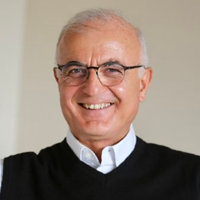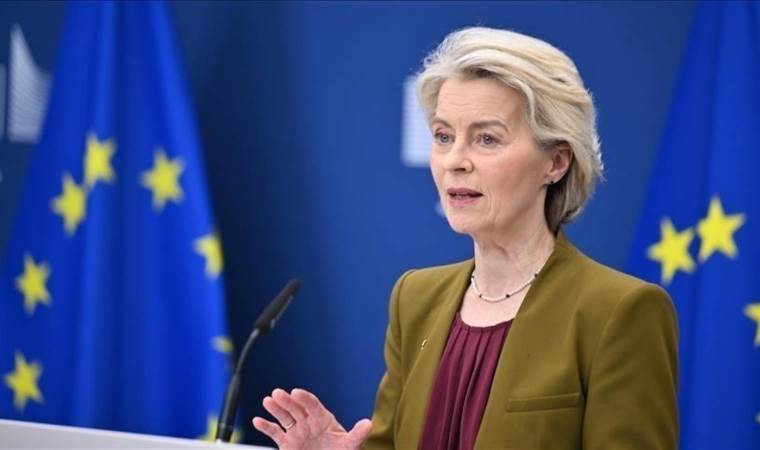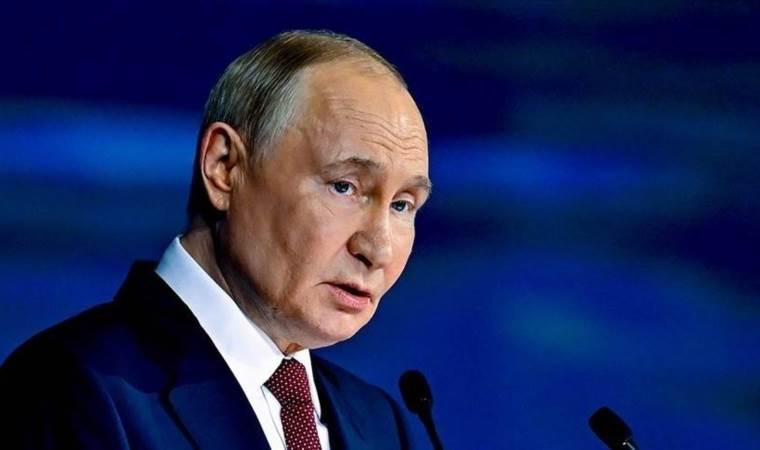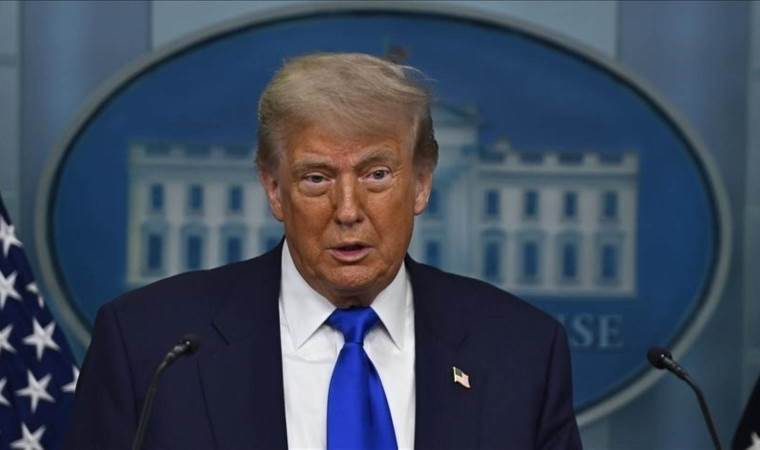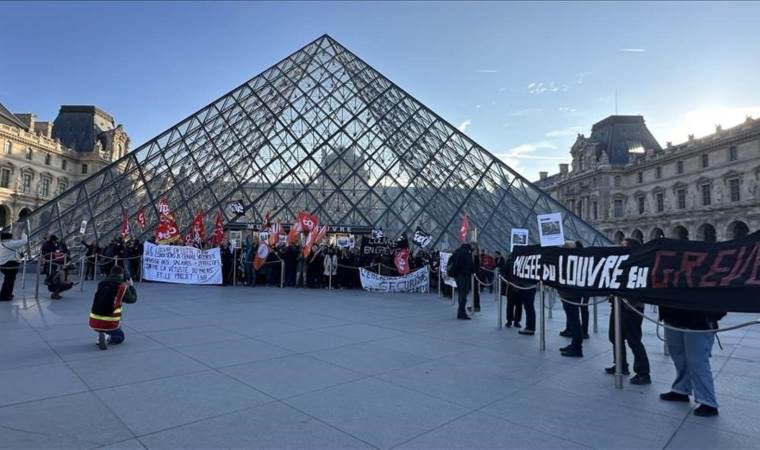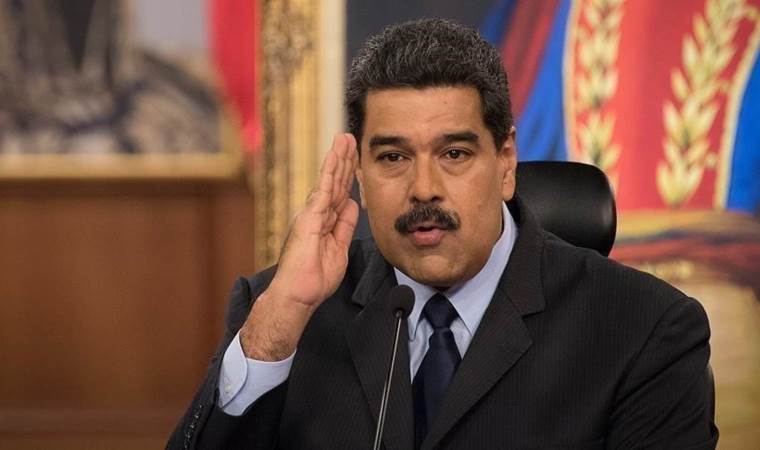Authors Columns of the Day Sport Guest Life All Authors
Olympic spectacle: Beyond the ceremonies
The Paris Olympics made its way into our homes (!) during a period when efforts were being meticulously made to sever our ties with the Western world. Perhaps we, too, focused on the games, both to virtually connect with the world and to momentarily escape the chaotic national agenda. Like any society dominated by popular culture, we scrutinised the Olympics through the opening ceremony. However, the Olympics were not just about the opening and closing ceremonies.
The father of the Olympic idea, Pierre de Coubertin, embarked on his journey with the slogan Citius, Altius, Fortius—faster, higher, stronger—borrowed from a Dominican priest. In 2021, this slogan was extended to include ‘communiter,’ meaning ‘together.’ At the very beginning of the 1900s, when the Industrial Revolution was transforming the world, the Olympics had become more like fairs and expos with an uncertain beginning and end. By holding the Olympics only in ‘developed’ countries, potential issues were avoided, and Coubertin’s sporting principles were maintained.
Considering the market shares of international brands supporting the games, the 1968 Mexico Olympics was the first to be held in ‘developing countries.’ Following this were Seoul, Beijing, and Rio at intervals. The 2004 Athens Games, which marked the centenary of the Olympics and the games' origins, was the only exception. The oversight of the Athens Games was also entirely in the hands of the United States. The desire of the United States, which held almost all the rights to record and broadcast the Olympics, to reshape the games was evident in the 2008 Beijing Olympics. Both the new sports added and the way they were organized meant that the games were becoming, for me, 'Brevius, Ludus, Tumultus', that is, 'shorter, more fun and more exciting'...
Now, regarding this year's opening ceremony; according to NBC, one of the official broadcasters of the games, although the 100 separate camera shots fell short of the 12 million of the 2012 London Games, they reached 28.6 million households. Regardless of the numbers and content, it was a very successful broadcast against continuous rain in such open and diverse areas. The Paris 2024 opening ceremony may not have been the best, but it was the most unique of all so far. This uniqueness was enhanced by placing the competition venues in the city center.
Those who watched the Olympics on-site witnessed extensive security measures that were never visible on screen. In the city center, which was cleared of vehicle traffic and had pedestrian crossings restricted by barriers, and where special lanes were allocated for Olympic personnel vehicles, armed security forces were visible. The security, order, and seriousness at the entrances to the competition areas and performance venues were at an incredible level. It was clear that the 40,000 volunteers did not use their initiative but were managed by an invisible coordinator. The absence of paper tickets, and thus the black market, was another distinctive feature!
For the first time, especially for those coming from today’s Turkey, it must have been quite a ‘worldly’ experience. Sharing the environment with the colourful, flag-waving crowds filling both the Paris city center and the stands must have been a different reward for them. The visibility of sponsor brands was at its highest level. They must've noticed that the dominant colours in the competition areas were shades of pink and purple, which were also used in city signage. They would have understood that the typography used in various inscriptions and city signs, starting from the names on the competitors' chests, was Art Deco, employed to imprint Paris 2024 in minds.
For those watching from their homes, the Olympics were a four-year process of learning/reinforcing sports. But the games are now changing shape, with sports like skateboarding, climbing, and 3x3 basketball being added, which are more consumable, skill-based, and entertainment-oriented. In core sports like athletics and swimming, formats that feature both men and women competing together have started to emerge. This must be the greatest innovation for the future. Additionally, the topic of transgender athletes was on the agenda for these Olympics. Could there be a separate classification for them?
Bringing the topic to the ‘Istanbul House’ opened in Paris: they did very well. There could not have been a better opportunity to promote a city than this. However, I doubt that the gamble of awarding the games to developing countries for a long time will be taken. Although a different Turkish appearance in Istanbul Mayor Ekrem İmamoğlu’s personality might offer hope for such a choice, the Western world must know that the damage inflicted on the country by the current regime will not be rectified quickly. The low public interest in sports (especially when compared to the current Paris audience!) and the numerous negatives, including the issue of covering hundreds of euros in ticket prices, make Istanbul a challenging candidate.
As I conclude this piece, let’s also consider the issue for those aged 65 and over: The next Olympics you can watch according to European time will be in 12 years. So, make sure to make the most of it…
Yazarın Son Yazıları All Columns
Günün Köşe Yazıları
Most Read News
-
 'Europe must defend itself, depend on itself', says EU C
'Europe must defend itself, depend on itself', says EU C
-
 Putin says 2025 marked 'important stage' in Ukrainian co
Putin says 2025 marked 'important stage' in Ukrainian co
-
 Trump orders oil tankers blockade in Venezuela, labels M
Trump orders oil tankers blockade in Venezuela, labels M
-
 Louvre to remain closed as staff vote to extend strike o
Louvre to remain closed as staff vote to extend strike o
-
 Populist Czech government rejects EU's migration pact
Populist Czech government rejects EU's migration pact
-
 German church group calls for halt in arms exports to Is
German church group calls for halt in arms exports to Is
-
 Maduro warns of ‘new Vietnam’ after Trump orders Venezue
Maduro warns of ‘new Vietnam’ after Trump orders Venezue
-
 Syrian foreign minister phones Ahmed al-Ahmed, who heroi
Syrian foreign minister phones Ahmed al-Ahmed, who heroi
